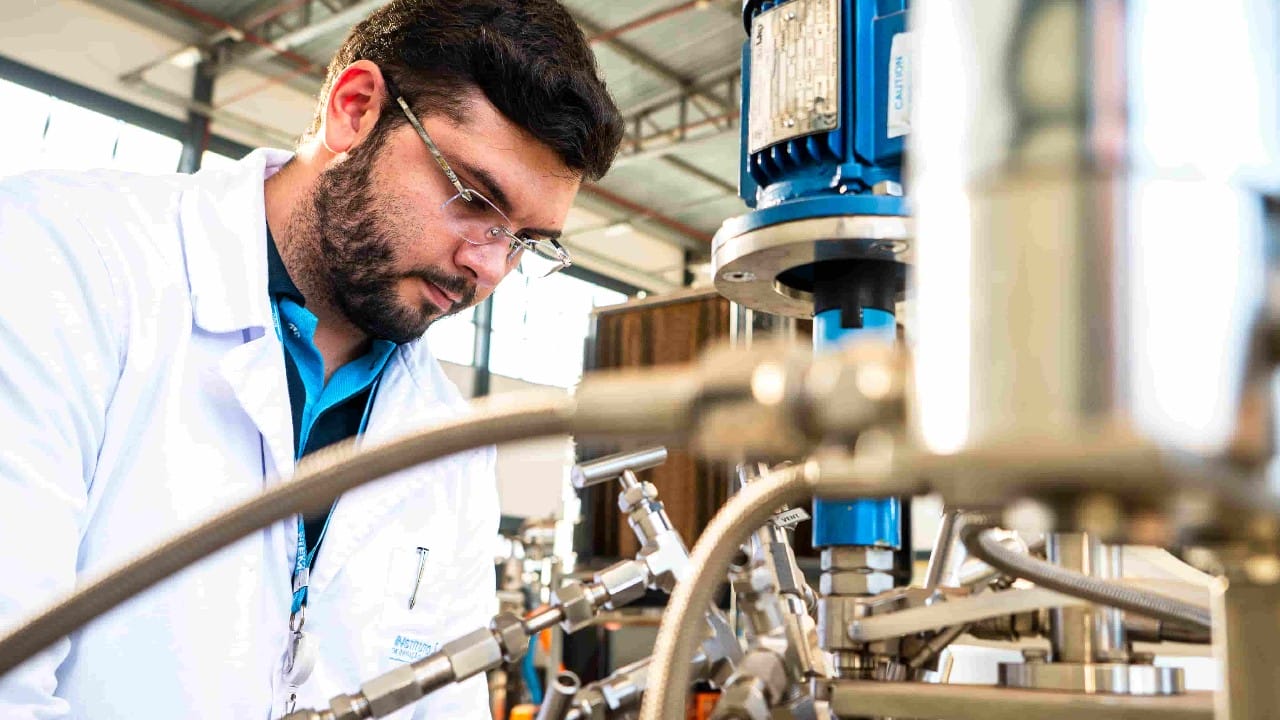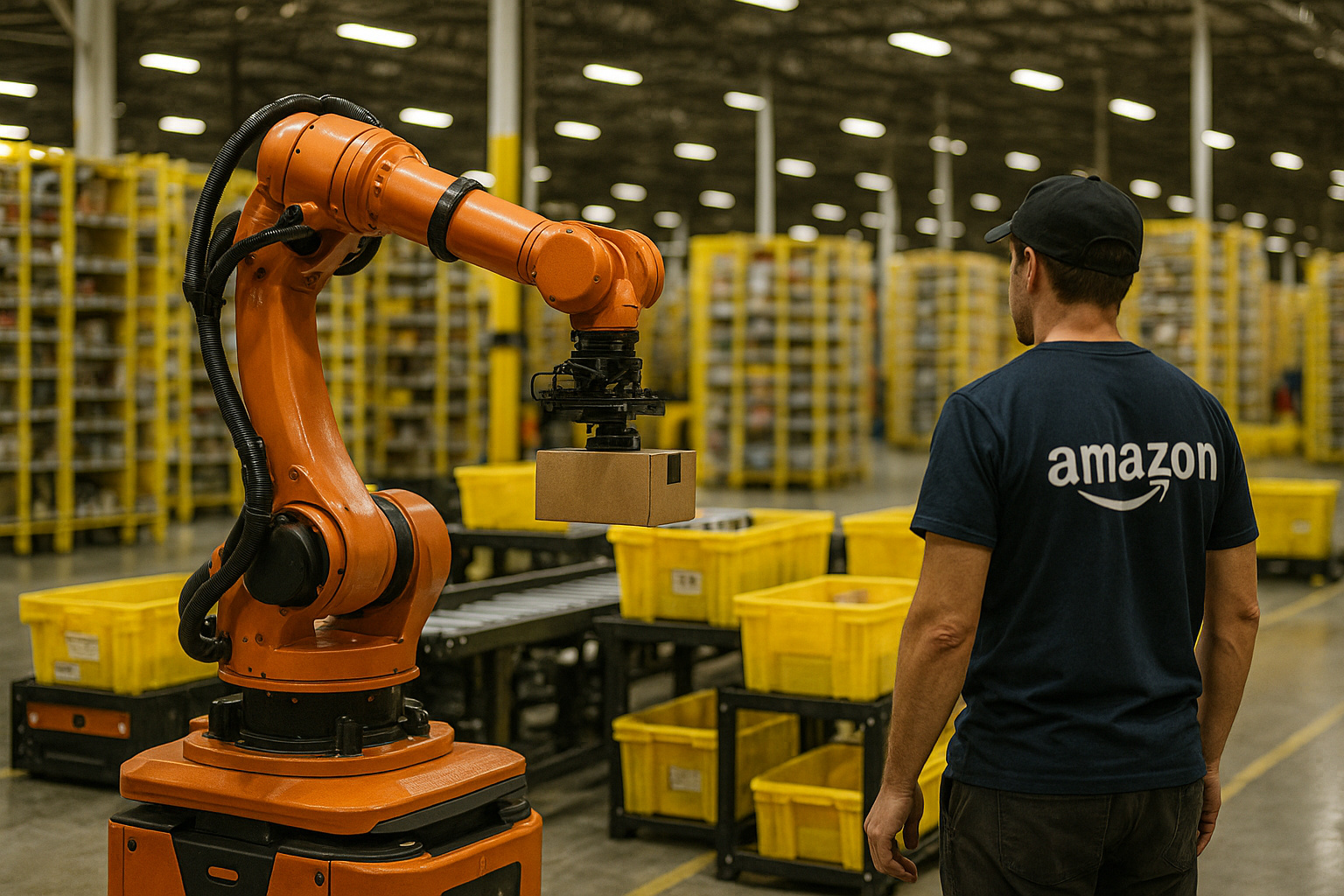Entidades empresariais avaliam que MP 1202 aumentará custos das contratações e riscos para a competitividade do país.
A proposta de MP 1202/2023 está gerando preocupação entre as entidades empresariais, visto que ela aumenta os custos de empregar no Brasil. Esta medida pode prejudicar a competitividade do produto e do serviço brasileiros, tanto no comércio internacional quanto no mercado interno. Esse é um ponto que afeta diretamente a geração de emprego no país, o que preocupa as entidades representativas da agropecuária, do comércio, da indústria, dos serviços e dos transportes, que juntas representam praticamente todo o emprego formal e privado do país.
A preocupação com a MP 1202/2023 vai além dos custos de empregar no Brasil. As entidades empresariais também estão atentas às consequências que essa medida pode trazer para a competitividade do produto e do serviço brasileiros. Por isso, é importante que haja diálogo e análise aprofundada sobre os impactos que a MP pode ter no mercado de trabalho. A geração de emprego é um fator crucial para a economia do país e qualquer medida que afete a ocupação deve ser avaliada com cuidado.
Reacting to the Negative Impact of MP 1202 on Employment and Competitiveness
In a joint statement, the Confederation of Agriculture and Livestock of Brazil (CNA), National Confederation of Commerce of Goods, Services and Tourism (CNC), National Confederation of Industry (CNI), and National Confederation of Transportation (CNT) expressed their dissatisfaction with the impact of MP 1202. The measure reintroduces the payroll tax for 17 sectors of the economy, restricts the use of tax credits resulting from final judicial decisions for the payment of federal taxes, and revises the Emergency Program for the Recovery of the Events Sector (Perse).
-
IBID 2025 fortalece inovação regional com parcerias industriais e políticas públicas em 12 estados brasileiros
-
Amazon dá passo inédito e prepara armazéns totalmente automatizados, colocando mais de 500 mil empregos na linha
-
Afinal, o que os jumentos têm de tão especial para a China — e por que a demanda por eles está levando a espécie à beira da extinção no Brasil e no mundo?
-
Conselho Nacional de Política Mineral fortalece governança e sustentabilidade com atuação do SGB no desenvolvimento geológico e estratégico do setor mineral brasileiro
The President of CNI, Ricardo Alban, pointed out that in the past, the preservation of employment has always been emphasized. ‘It is obvious that the reintroduction of the payroll tax will result in increased caution in hiring. When any sector of the economy faces a 20% increase in its burdens, what will it do? The first step is to stop investing and then reduce until understanding the impact that this new and unexpected cost will have on its performance because the sector will lose competitiveness,’ stated the businessman.
According to the Confederations, MP 1202 further compromises the competitiveness of the industry and trade, which already face unfair competition from imports, particularly from international e-commerce that does not pay the same taxes as the national productive sector. The MP is considered misguided in increasing the tax burden on the productive sector, the main generator of wealth and employment that leads to sustainable economic and social development.
Read the full statement against MP 1202/2023
MP 1202 increases the cost of employment in Brazil and further compromises the competitiveness of the productive sector
The productive sector, represented by the business entities of agriculture, commerce, industry, services, and transportation, received with surprise and dismay the measures of tax increase announced in late 2023 and the way they were implemented through MP 1202, without prior dialogue with the entities and in opposition to positions recently taken by the National Congress.
MP 1202 reintroduces the payroll tax for 17 sectors of the economy, restricts the use of tax credits resulting from final judicial decisions for the payment of federal taxes, and revises the Emergency Program for the Recovery of the Events Sector (Perse). All these measures increase the tax burden on the productive sector, the main and fundamental generator of wealth and jobs leading to sustainable economic and social development.
Aside from being economically misguided, MP 1202 annuls recent decisions of the National Congress, which twice in 2023 decided to maintain the exemption of the payroll tax, having overridden the veto of the President of the Republic, in an unequivocal demonstration of political will.
The reintroduction of the payroll tax increases the cost of employment in Brazil and further compromises the competitiveness of the industry and trade, which already face unfair competition from imports, particularly from international e-commerce that does not pay the same taxes as the national productive sector. A situation that already requires us to question this mistake judicially. If reversed, this would be a great opportunity to increase federal revenue and ensure tax fairness between national production and imports.
The productive sector understands the importance of seeking the adjustment of public finances so that the economy can grow sustainably. However, what we have observed is the increase in public sector expenditure and the pursuit of fiscal balance through continuous revenue growth. The burden of adjustment cannot fall solely on the productive sector. The public sector needs to contribute by reducing and making its expenses more efficient. We hope that the government itself will reconsider the submission of MP 1202. And if this is not the understanding, that the President of the National Congress may return the MP.
The entities representing the productive sector consider that dialogue is the only way for public policies to achieve their objectives. Economic growth and fiscal balance are the goals of the entire nation. To achieve them, the participation of all is needed in the search for convergences and understanding. The productive sector is committed to the economic and social development of Brazil.
Fonte: Portal da Indústria


















Seja o primeiro a reagir!